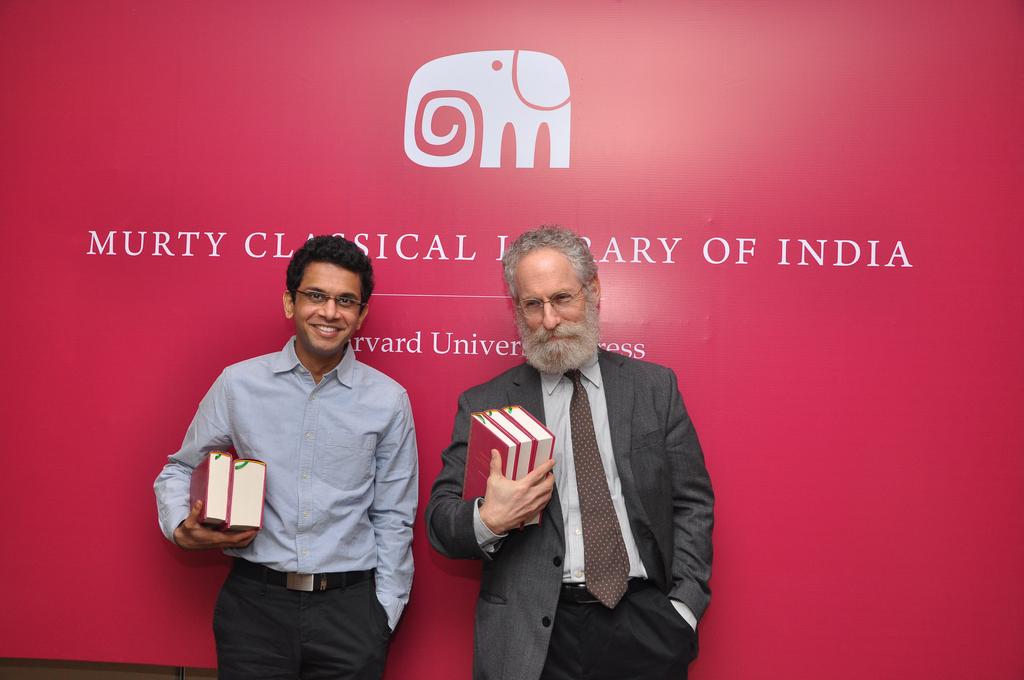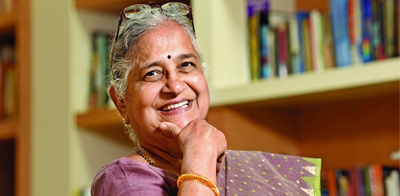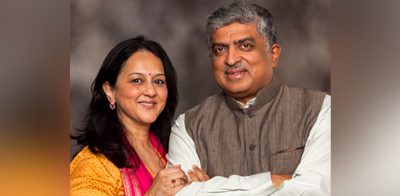The Murty Classical Library of India, a part of the Harvard University Press has an interesting story behind its inception. This monumental initiative to preserve and share India’s vast literary heritage came into being in 2015, with support from Rohan Murty, son of Infosys co-founder N. R. Narayana Murthy and author-philanthropist Sudha Murty.
Renowned Sanskrit scholar Sheldon I. Pollock, who had been working on the Clay Sanskrit Library in the U.S., was searching for a sponsor to continue the critical work of translating and publishing classical Indian texts. Meanwhile, Rohan Murty was pursuing a PhD in Computer Science at Harvard University. At the time, he chanced upon ancient Indian texts there and started taking course works in ancient Indian literature and philosophy at Harvard’s Department of South Asian Studies – developing a passion for preserving these ancient works.
I was amazed by how humanities construct complex, intellectually sophisticated arguments from texts that are 1,500 years old. The more I read, the more I derived a sense of purpose that refreshed my perspectives on how I should approach my own computer science research.
Rohan Murty had remarked in an interview
Recognizing the potential synergy between Murty and Pollock, author Gurcharan Das – known for his trilogy on the classical Indian ideals of life – introduced them. This meeting of minds led to the establishment of the Murty Classical Library of India, supported by a $5.2 million contribution from Rohan Murty and published under the auspices of Harvard University Press.

Rohan Murty and Sheldon I. Pollock
The Murty Classical Library of India at Harvard presents its books in a dual-language format, with the original language alongside English. The library aims to make the greatest literary works of India from the past two millennia accessible to a global audience.
Translations from not just Sanskrit but also languages such as Hindi, Bengali, Gujarati, Kannada, Marathi, Punjabi, Tamil, Telugu, Urdu, Persian, and other languages are part of the plan. Fiction, poetry, nonfiction, and religious texts from various Indian traditions, including Buddhism and Islam, would be included. The series is projected to consist of 500 volumes, to be published over the course of a century, drawing from the vast corpus of classic Indian literature.
Through this ambitious project, the Murty Classical Library of India is ensuring that the rich literary treasures of India’s past will continue to enlighten and inspire readers around the world for generations to come.
Discover more fascinating Stories




